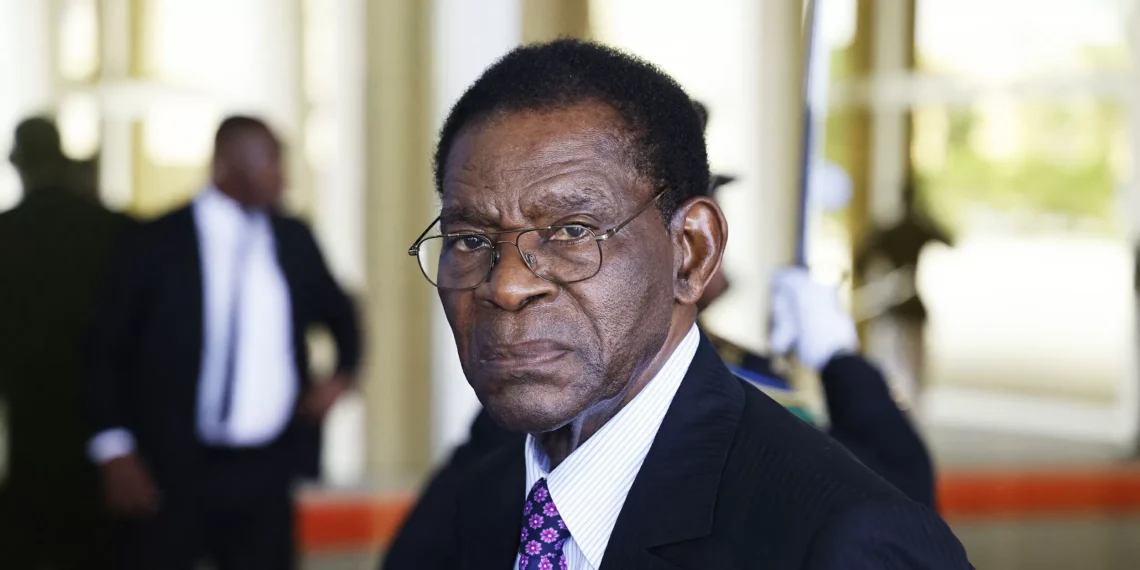In a surprising move, the United States has recently delivered aid to Equatorial Guinea, a country known for its repressive regime and human rights abuses under the leadership of President Teodoro Obiang. This decision has raised eyebrows and sparked controversy, with many questioning the motives behind this seemingly unlikely partnership.
Equatorial Guinea, a small country located in Central Africa, has been ruled by President Obiang for over four decades. During his time in power, the country has been plagued by corruption, political repression, and widespread human rights violations. The government has been accused of silencing dissent, censoring the media, and using torture and arbitrary detention to maintain its grip on power.
Despite these well-documented abuses, the Biden administration has chosen to cozy up to President Obiang, a move that has been met with criticism from human rights organizations and activists. This decision has also raised concerns about the United States’ commitment to promoting democracy and human rights around the world.
Equatorial Guinea has a long history of coups and political instability, with President Obiang himself coming to power in a military coup in 1979. Since then, he has maintained his hold on power through rigged elections and the suppression of any opposition. This has led to a climate of fear and intimidation, with many citizens too afraid to speak out against the government.
In light of this, the recent aid delivery from U.S. Special Operations forces has been met with skepticism. Some see it as a strategic move to gain a foothold in a resource-rich country, while others view it as a way to strengthen ties with a leader who has been accused of gross human rights violations.
However, the Biden administration has defended its decision, stating that the aid delivery was purely humanitarian and aimed at providing much-needed assistance to the people of Equatorial Guinea. The aid package included medical supplies, food, and other essential items, which will undoubtedly benefit the country’s citizens who have been struggling with the economic fallout of the COVID-19 pandemic.
Moreover, the United States has also pledged to work with the government of Equatorial Guinea to promote good governance and respect for human rights. This includes supporting civil society organizations and promoting free and fair elections. While some may view this as a controversial move, it is a step in the right direction towards promoting positive change in the country.
It is also worth noting that the United States has a long history of providing aid to countries with questionable human rights records. This aid is often seen as a way to exert influence and promote American interests. However, in the case of Equatorial Guinea, it is essential to recognize that the aid delivery was not a reward for the government’s actions but rather a humanitarian gesture aimed at helping the country’s citizens.
Furthermore, the Biden administration has made it clear that it will not turn a blind eye to human rights abuses in Equatorial Guinea. In a statement, the White House emphasized the importance of promoting democracy and human rights in the country and holding the government accountable for its actions.
In conclusion, while the aid delivery to Equatorial Guinea may have raised some eyebrows, it is essential to view it in the context of the country’s history and the current global climate. The United States’ decision to provide aid to Equatorial Guinea should not be seen as an endorsement of the government’s actions but rather a humanitarian gesture aimed at helping the country’s citizens. It is also a step towards promoting positive change and holding the government accountable for its actions. As the world continues to grapple with the COVID-19 pandemic and its economic fallout, it is crucial to remember the importance of compassion and solidarity, even with countries that may have a troubled past.






